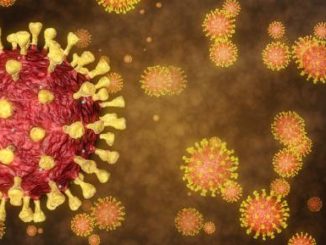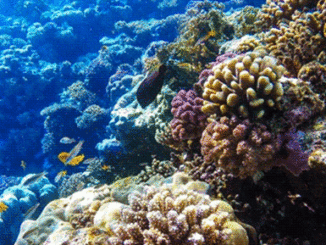Betaine Intake During Pregnancy May Epigenetically Effect Transcription
Betaine is a methyl-donor nutrient that can be obtained through the diet and is especially rich in spinach, beets, and whole-wheat foods. Alternatively, betaine can be synthesized from choline obtained through other dietary sources. Methyl donor nutrients provide precursors for methyl groups used in important biological processes including methyltransferase enzymes which regulate DNA methylation. There is currently great interest in better understanding how dietary methyl donors can effect epigenetics, and whether changes in DNA methylation can be carried from generation [more…]











